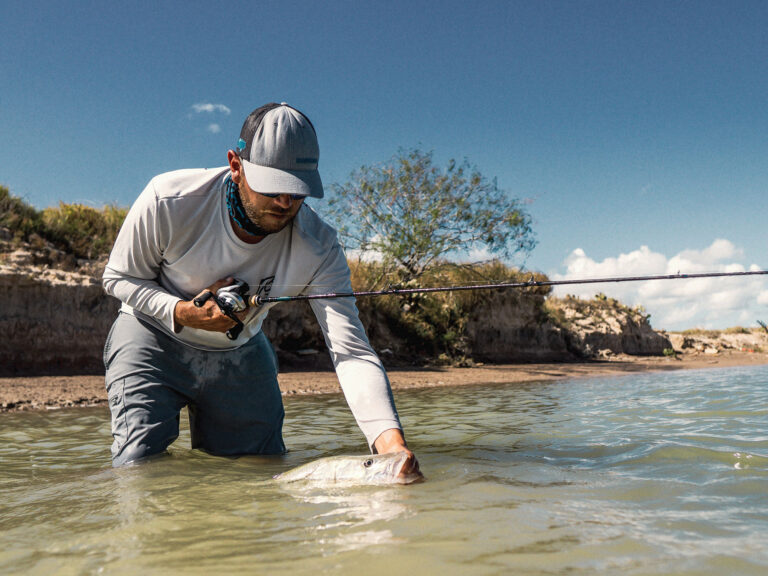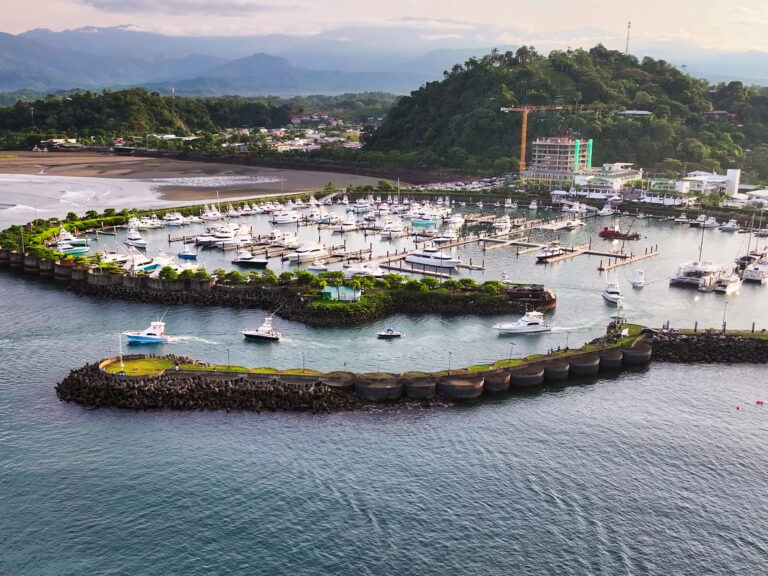California salmon could soon disappear permanently from the state’s rivers, restaurant menus and supermarkets if massive water diversions from the San Francisco Bay-Delta continue unabated, according to a new report released today by the Natural Resources Defense Council (NRDC), the Pacific Coast Federation of Fishermen’s Association (PCFFA) and Water 4 Fish.
The report, “Fish Out of Water: How Water Management in the Bay-Delta Threatens the Future of California’s Salmon Fishery,” describes how the State Water Project and Central Valley Project contribute to declining salmon populations, by reducing the availability of water necessary for migration and spawning, killing tens of thousands of juvenile salmon by sucking them into giant pumps used to export water, and blocking salmon’s migration route with their dams. The report comes on the heels of a federal court ruling that water project operations in the Central Valley jeopardize the survival of several salmon runs, and a few months after state and federal agencies closed California’s commercial salmon fishery for the first time ever due to record low numbers of fish returning to spawn.
“The future of California’s salmon fishery is completely dependent on how we manage water in the Bay-Delta ecosystem,” said Doug Obegi, NRDC staff attorney and lead author of the report. “California agencies must implement existing requirements to restore salmon, reform management of the water projects, and reduce water diversions. California can meet its water supply needs and restore salmon and the health of the Delta ecosystem by investing in fish friendly water supply alternatives, including water conservation and recycling. If we do so, Californians will once again be able to enjoy abundant local salmon in their rivers, on their lines, and on their plates.”









